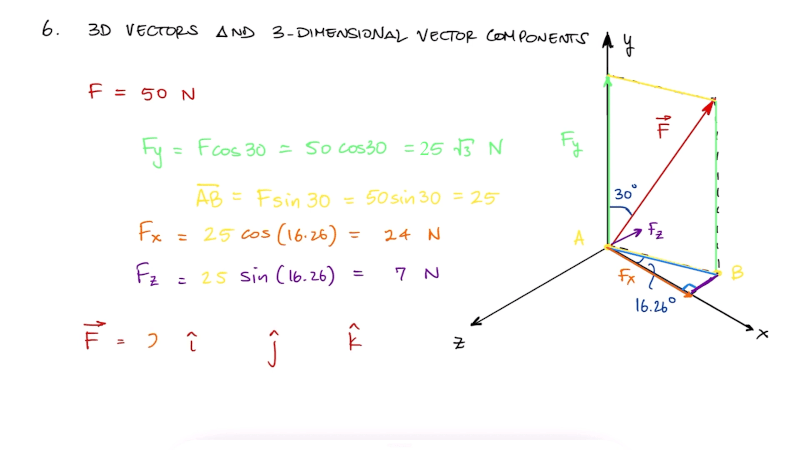We have to admire a YouTube channel with the name [Less Boring Lectures]. After all, he isn’t promising they won’t be boring, just less boring. Actually though, we found quite a few of the videos pretty interesting and not boring at all. The channel features videos about mechanical engineering and related subjects like statics and math. While your typical electronics project doesn’t always need that kind of knowledge, some of them do and the mental exercise is good for you regardless. A case in point: spend seven minutes and learn about 2D and 3D vectors in two short videos (see below). Or spend 11 minutes and do the whole vector video in one gulp.
These reminded us of Kahn Academy videos, although the topics are pretty hardcore. For example, if you want to know about axial loading, shear strain, or free body diagrams, this is a good place to look.
There are a lot of things we tend to just guess at when doing projects, like what kind of bolts to use to hold things together. Usually, we overdesign and use our experience, but if you really want to optimize what you are doing or you need to be absolutely sure, there are topics on bolt tension and failure theories.
There are also good videos about gears and bearings and other traditional mechanical engineering topics. Will you get as much out of these videos as you would taking some engineering classes at the local university? Maybe not. But you might remember about the same amount of things in six months. Funny how that works.
We find we’ve been much more interested in mechanics since we’ve been 3D printing. Some of that is because we want to design better models, but sometimes we are more interested in the machine itself.
















Nice refresh, long time from class (~50 years)
Nothing hardcore here, this is all year 1 filter stuff. I watched a couple of videos and I have to say they were pretty good, certainly could help students of mechanical engineering if they’re struggling with their current mechanics classes.
The amount of guessing in DIY mechanical design is absolutely nuts. In electronics, there’s theory for everything. In mechanics, the theory requires actual math and rhe ability to think effectively in 3D.
I get by just by avoiding designs that require “just the right amount” of anything, like press fits and things based on PLA flex, but I never actually know if something will work before I build it.
FreeCAD’s FEM appears to be useful for getting a vauge idea of where the force will be concentrated, but it’s definitely not going to give us untrained people exact answers with unpredictable printed plastic and scrap wood.
This mechanical engineer disagrees on your guessing theory. There is plenty of theory on kinematics, statics and mechanisms. One can use it or not.
Since when is engineering boring? Or math for that matter.
If you think so, you are probably in the wrong field.
Anything is boring if it’s not your thing.
If you feel you need a non-boring explanation of engineering, maybe you need to find your thing.